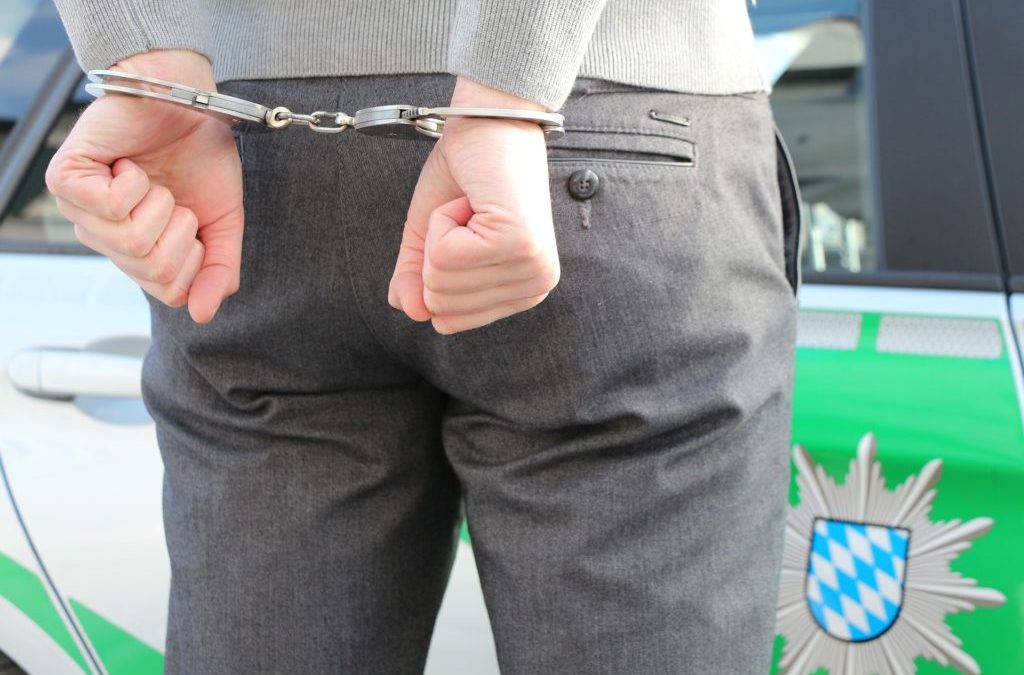
Top Personal Injury Trends in 2020
December 28, 2020
Lawsuit Loans: Pros and Cons
December 30, 2020A false arrest means that you have been held against your will by another person or that you have been taken into custody without any legal explanation for this action. If you or a loved one have been falsely arrested by an officer of the law, by a security guard, a store owner, or by someone else, you must be considering legal action to get the compensation you deserve.
What is probable cause?
Probable cause means that there are enough facts to signal that the person arrested either committed or was committing an offense. By definition, probable cause is ambiguous. What needs to be answered is whether the facts that were known at the time of the arrest would have led any reasonable person (typically a police officer) to believe that the individual in question had committed a crime.
The arresting officer does not have to be an eye witness to the crime. Information supplied by a victim or a witness can be enough to have probable cause for the arrest. However, probable cause cannot be based purely on secondhand information. Some other piece of corroborating evidence must exist. Specifically, one that links the accused individual with the alleged crime.
Are false arrest and false imprisonment the same thing?
Although both concepts are similar, false imprisonment applies to more types of conduct. In false imprisonment, the individual is actually confined. Still, in many cases and in different jurisdictions, the difference between both concepts is blurred and they are used interchangeably.
Is an officer who stops you on the street committing a false arrest?
A police officer that unlawfully stops you and asks for your identification is not committing a false arrest. You may feel like you are being unlawfully restrained when you are stopped but in these cases what applies is reasonable suspicion and not probable cause.
Be aware that in cases where the stop takes a long time, it can be turned into an arrest for legal purposes.
Are you thinking of bringing a lawsuit against an officer of the law or another individual for false arrest?
If you believe you have been falsely arrested, you must be able to show that:
- Whoever you are suing intended to confine you
- That you were conscious of the confinement
- That you did not consent to it
- That the arrest was not privileged or legally justified
Consent in False Arrest Cases
Consent in false arrest cases means that you agree to what is happening to you. As an example, if you turn yourself into the police for a crime you have committed and consent to your arrest, you will not be able to claim that this was a false arrest.
Consciousness in False Arrest Cases
This is an important point and it speaks to the fact that you cannot be taken into custody if you are found passed out on the street, for example, since you would not be conscious of what was happening to you.
Are you considering legal action for false arrest?
If so, start by getting the right legal advice from a false arrest lawyer. If you were arrested as a result of a warrant issued on the basis of a false statement or you were restrained without your consent, you need to fight for the compensation you deserve.





